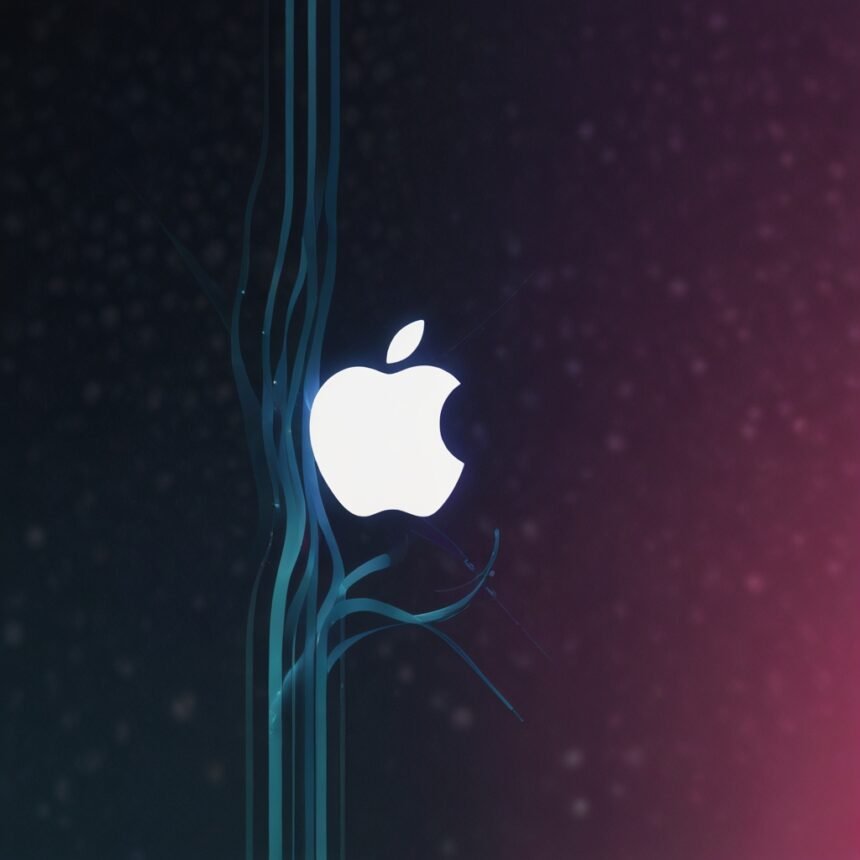In the dynamic landscape of artificial intelligence, Apple’s virtual assistant Siri has stood as a pioneer since its inception in 2011. However, the emergence of advanced chatbots like OpenAI’s ChatGPT has revealed the need for Siri’s evolution. This article explores Apple’s journey towards integrating generative AI into Siri, its strategic reorganization, challenges, and potential partnerships with OpenAI and Google.
1. The Awakening: Recognizing the Need for Change
- Apple’s top software executives, Craig Federighi and John Giannandrea, embarked on a journey to test OpenAI’s ChatGPT.
- ChatGPT’s prowess in generative AI exposed Siri’s limitations, prompting Apple to initiate its most significant reorganization in a decade.
Enhancing Productivity: Apple’s Integration Revolution in iOS 18
2. Siri’s Stagnation and the Quest for Revival
- Siri, once groundbreaking, had become antiquated, lacking the ability to engage in coherent conversations and understand context.
- Apple’s determination to revamp Siri stems from its ambition to remain competitive in the AI race and safeguard its market dominance.
3. Embracing Generative AI: Apple’s Tent Pole Project
- Generative AI becomes Apple’s focal point, driving its internal reorganization and spurring innovation across its product ecosystem.
- The company’s upcoming developers’ conference promises to unveil a more conversational and versatile Siri empowered by generative AI.

4. Risks and Challenges in Siri’s Transformation
- While Apple aims to enhance Siri’s privacy and efficiency by processing requests on-device, the shift to smaller AI systems poses risks of errors and hallucinations.
- The company grapples with internal obstacles, including organizational silos and struggles in retaining top AI talent.
5. Partnering for Progress: Exploring Collaborations with OpenAI and Google
- Apple engages in discussions with OpenAI and Google to leverage their AI technology, potentially incorporating ChatGPT or Gemini into Siri’s functionalities.
- The choice of partnership could shape the future landscape of AI and consolidate the position of the selected provider.
6. Navigating the Competitive Landscape
- Apple faces mounting pressure from competitors and the looming threat of AI-powered ecosystems disrupting its smartphone market dominance.
- The company’s strategic decisions, including the cancellation of the self-driving car project and reassignment of engineers to AI initiatives, reflect its commitment to innovation.
7. The Vision for Siri’s Future
- Former Siri co-founder Tom Gruber envisions a conversational interface that adapts to language and context, leveraging advancements in technology.
- Apple aims to position Siri as a trusted, conversational companion capable of seamlessly integrating into users’ lives while preserving privacy.
8. The Road Ahead: Challenges and Opportunities
- As Apple navigates the complexities of AI integration, it must strike a balance between innovation, privacy, and reliability.
- The company’s continued investment in AI research and strategic partnerships will shape its trajectory in the evolving landscape of virtual assistants.
Apple’s journey to revitalize Siri through generative AI represents a pivotal moment in the company’s evolution. As it embraces innovation, navigates partnerships, and confronts challenges, Apple reaffirms its commitment to shaping the future of AI while staying true to its core values of privacy and user experience. The transformation of Siri heralds a new era of intelligent assistants, where conversation and context drive seamless interactions in the digital realm.






